Trade, Tariffs, and Visas to Take Center Stage in Trump-Modi Talks
When Indian Prime Minister Narendra Modi visits Washington to meet with President Donald Trump later this week, their encounter will be marked by warm gestures and camaraderie. However, beneath the surface of their friendly rapport lies a series of critical discussions on trade, tariffs, and immigration policies.
A Strong Personal Bond
Modi and Trump have cultivated a close relationship over the years, characterized by high-profile meetings and joint public appearances. Their connection, which began with their first meeting in Washington in 2017, has strengthened through events such as the large-scale rallies in Houston and Ahmedabad. Their shared political outlooks and strategic priorities, particularly in countering China, have further solidified the US-India partnership.
Despite Trump's history of criticizing India on various trade issues, he has consistently refrained from directing any criticism toward Modi himself. This signals a level of personal respect that will likely shape the discussions during Modi’s visit.
Strengthening the US-India Strategic Partnership
During his time in Washington, Modi is expected to meet with members of Trump’s cabinet, US business leaders, and the Indian-American community. He may also hold discussions with Elon Musk, CEO of SpaceX and Tesla, as part of his efforts to boost India’s growing electric vehicle sector. Modi would welcome any initiative from Musk to establish a Tesla factory in India.
Despite the friendly tone, the visit is expected to highlight the more transactional aspects of the relationship. Both leaders will bring a set of demands to the table, with Trump likely pushing India for further concessions on trade and immigration.
 Trade and Tariff Challenges
Trade and Tariff Challenges
India is well-acquainted with Trump’s approach to negotiations. Many of Modi’s current cabinet ministers also served during his previous term, which coincided with part of Trump’s first presidency. Aware of Trump’s emphasis on reducing trade imbalances, India has already taken steps to mitigate potential pressure. In recent weeks, India has lowered some tariffs, repatriated 104 undocumented Indian immigrants, and signaled openness to further economic cooperation.
Despite these gestures, Trump may push for additional tariff reductions to address the US trade deficit with India, which has approached $46 billion in recent years. Modi, however, could seize this moment to propose bilateral talks on a broader economic partnership that would reduce tariffs on both sides. India has recently shown an increased willingness to pursue trade deals, and Trump’s administration might be more receptive to such negotiations compared to the Biden administration, which placed significant environmental and labor-related conditions on new agreements.
Immigration and the H-1B Visa Issue
Another contentious issue will be immigration, particularly the status of undocumented Indian nationals in the US. Estimates suggest that over 700,000 Indians reside in the US without legal documentation, making them the third-largest such group in the country. Trump is expected to press Modi to accept the return of more of these individuals.
The issue is politically sensitive in India, particularly after reports emerged of deported Indian immigrants being shackled during transit. India's Foreign Minister S. Jaishankar recently assured Parliament that Delhi is working with Washington to ensure that Indian citizens are treated humanely in the deportation process.
On the other hand, Modi may advocate for maintaining the H-1B visa program, which is crucial for Indian tech workers in the US. This program, frequently criticized by some of Trump’s key supporters, remains a vital pipeline for skilled Indian professionals employed by American technology firms.
Energy Cooperation and Strategic Investments
Energy will be another major topic of discussion. Trump may encourage India to purchase more American oil. While India was once the largest importer of US oil, its energy strategy shifted following Russia’s invasion of Ukraine, leading Delhi to increase imports of cheaper Russian oil. Modi’s response will likely hinge on price considerations.
In return, Modi may seek American investment in India’s nuclear energy sector. With India amending its nuclear liability laws and launching a new nuclear energy mission, Delhi aims to attract international investment. This could serve as a middle ground—nuclear energy is cleaner than fossil fuels but less dependent on solar and wind power, which Trump’s administration may be less inclined to support.
Technology and Security Cooperation
Technology and security will also be high on the agenda. Under the Biden administration, US-India tech collaboration saw significant progress with the launch of the Initiative on Critical and Emerging Technologies (iCET) in 2022. This initiative, directly overseen by both nations’ national security advisers, is regarded as a cornerstone of the bilateral relationship.
Modi will likely seek assurances from Trump and National Security Adviser Mike Waltz that the US remains committed to iCET, especially given its role in integrating India into global technology supply chains as part of a broader strategy to counter China.
 Geopolitical Considerations: Iran, Ukraine, and Gaza
Geopolitical Considerations: Iran, Ukraine, and Gaza
Beyond bilateral issues, Modi’s talks with Trump may touch on broader geopolitical concerns. India’s partnership with Iran in developing the Chabahar port—a key project for enhancing trade routes with Central Asia—could be affected by Trump’s "maximum pressure" policy on Tehran. Modi may seek clarification on whether this project will face renewed US sanctions.
The wars in Ukraine and Gaza will also be on the agenda. India has maintained a neutral stance on the Ukraine conflict, calling for an end to hostilities without directly criticizing Russia. Similarly, Modi’s close ties with Israel position India as a potential mediator in the Gaza crisis. However, Modi is unlikely to assume such a role unless all parties express interest in external mediation.
The Indo-Pacific and the Quad Alliance
Despite some contentious topics, both leaders will want to project a positive and forward-looking image. The Indo-Pacific Quad—a strategic alliance between the US, India, Japan, and Australia—offers an opportunity to reinforce shared commitments to countering China’s influence in the region. Trump has been a strong supporter of the Quad and played a role in elevating its annual meetings to the foreign minister level, while Biden took it further to the leaders' level.
India is set to host this year’s Quad summit, and Modi may extend an invitation to Trump to attend in Delhi. Although Trump is generally not fond of international travel, a visit to India could be an exception, given his strong rapport with Modi and the broad strategic significance of the US-India relationship.
Conclusion
As Modi and Trump engage in discussions, their meeting will underscore the complexities of US-India ties. While the optics may reflect warmth and partnership, the negotiations will be shaped by tough bargaining on trade, immigration, and strategic issues. Both leaders will aim to balance transactional interests with the broader goal of strengthening a multifaceted bilateral relationship that extends well beyond Washington’s diplomatic corridors.

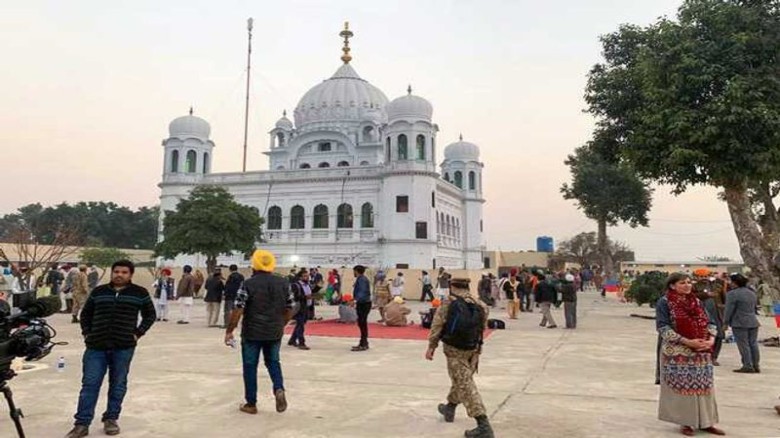
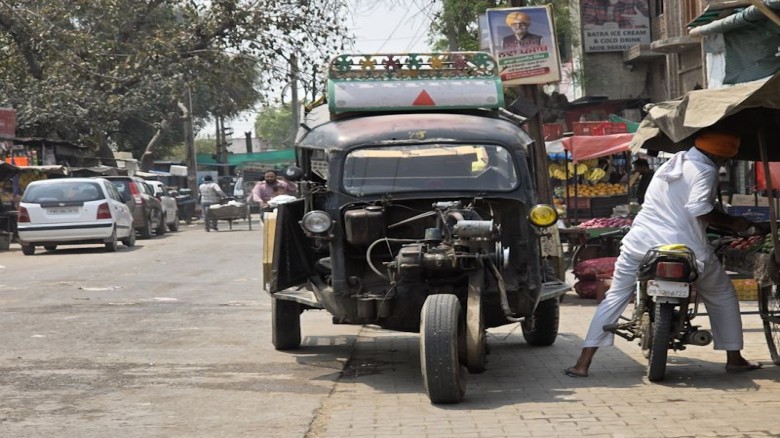
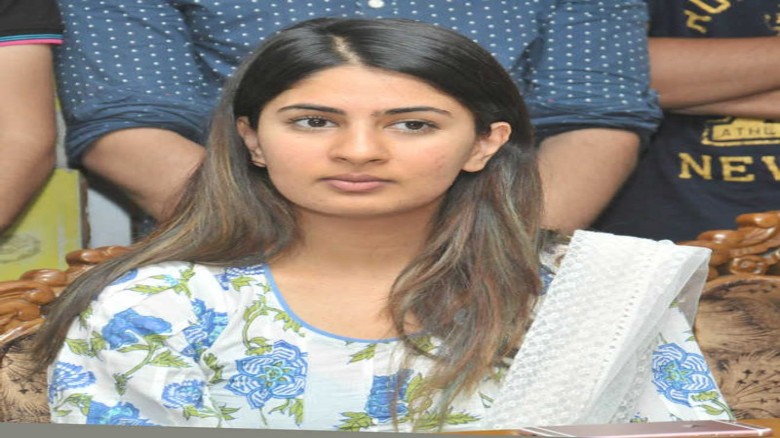
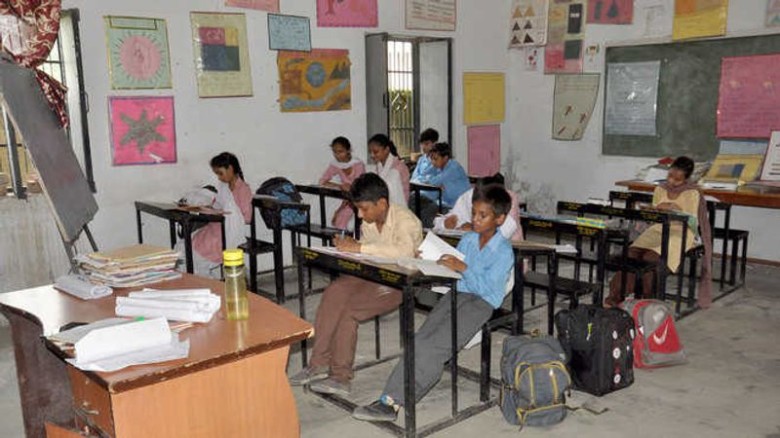



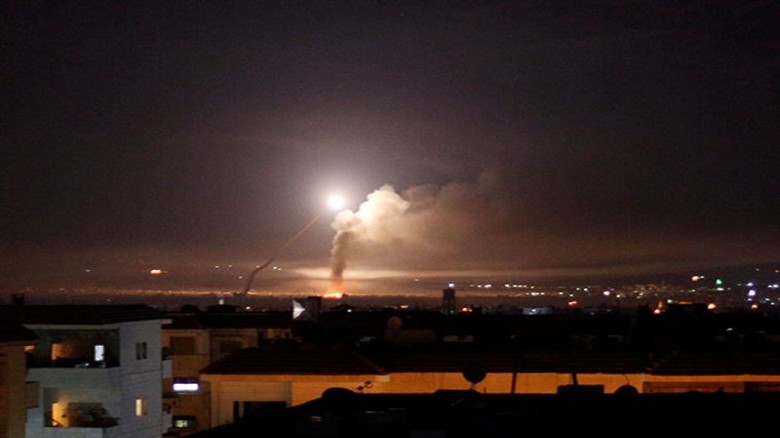






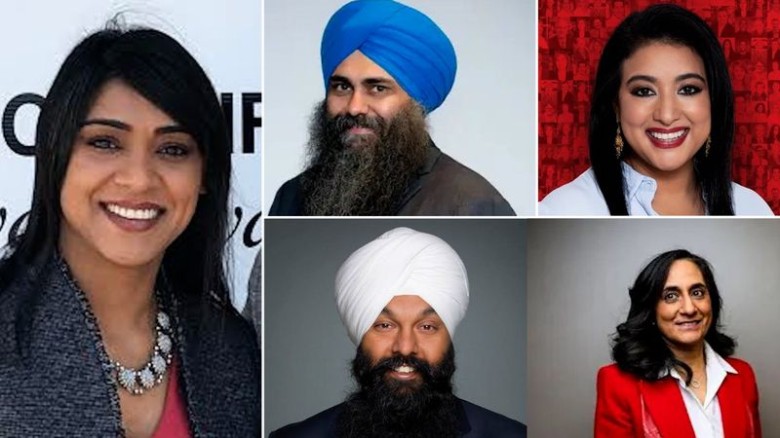


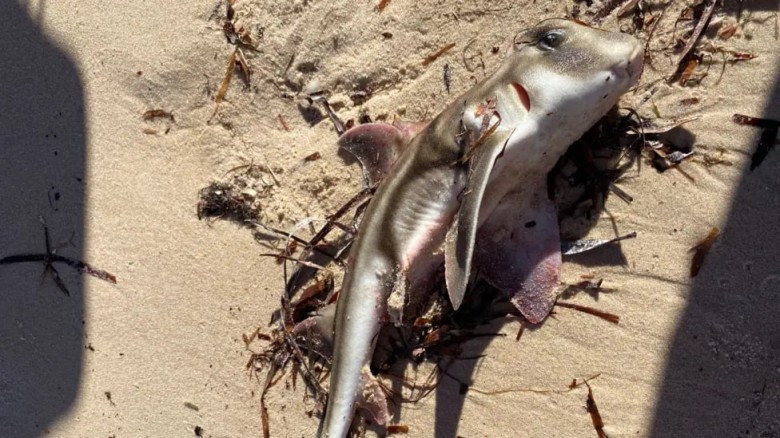


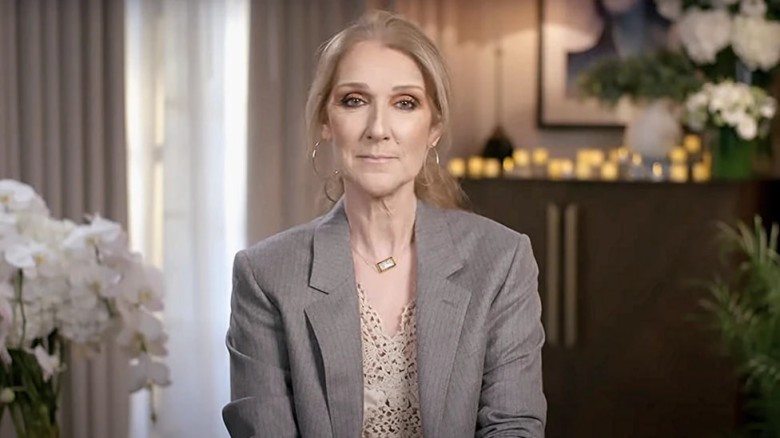




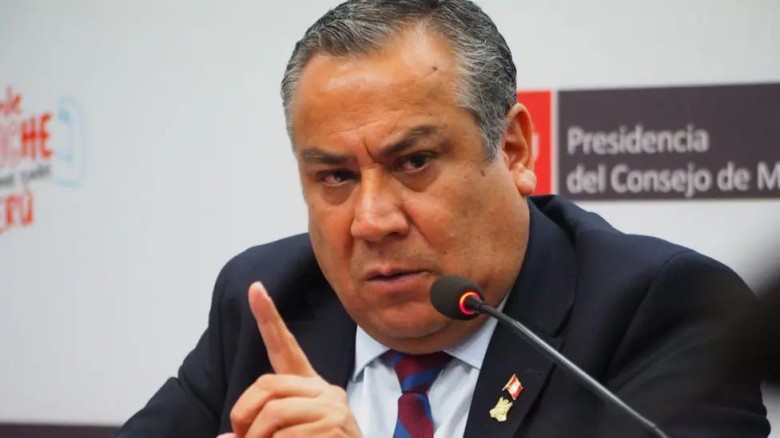

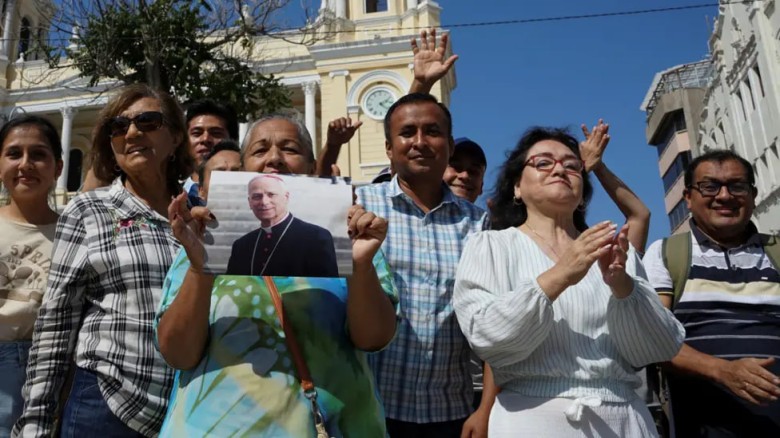










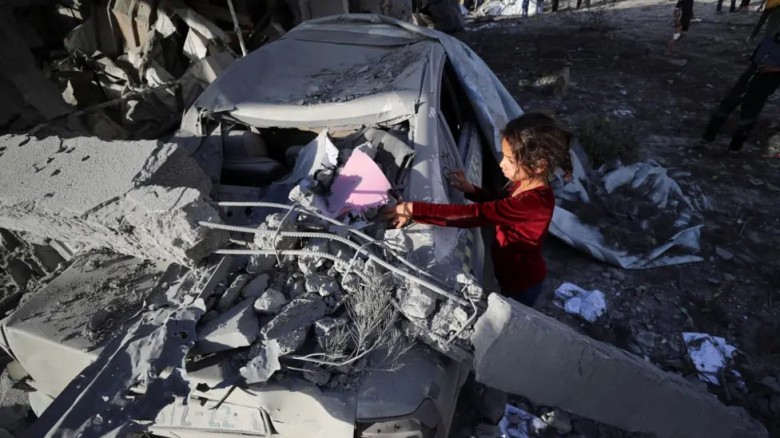
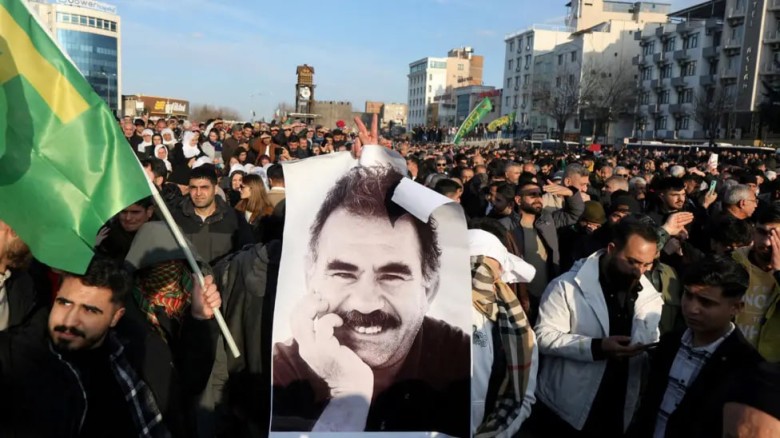
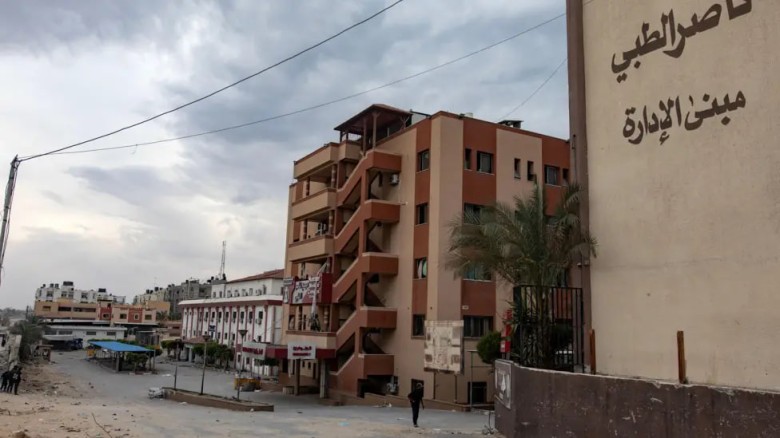







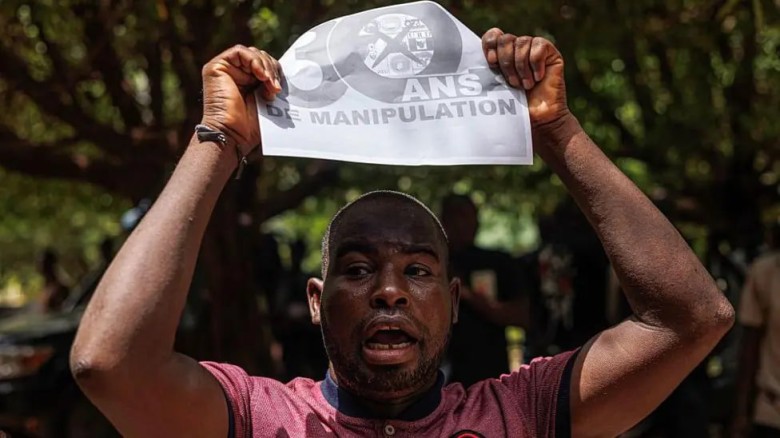




















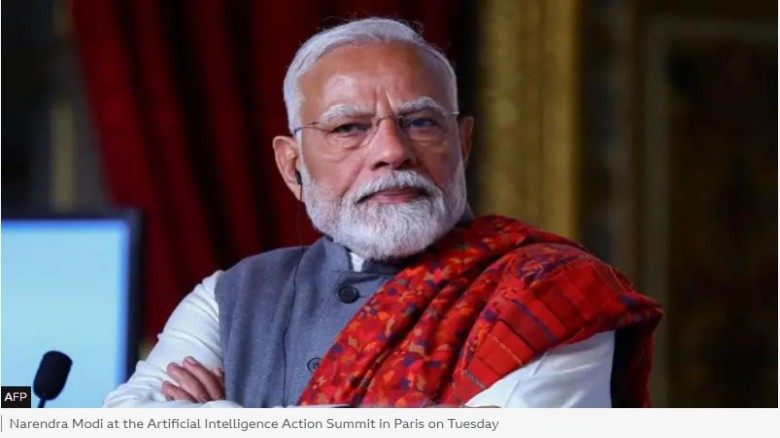


Leave A Comment